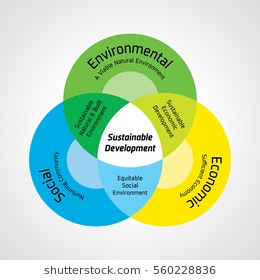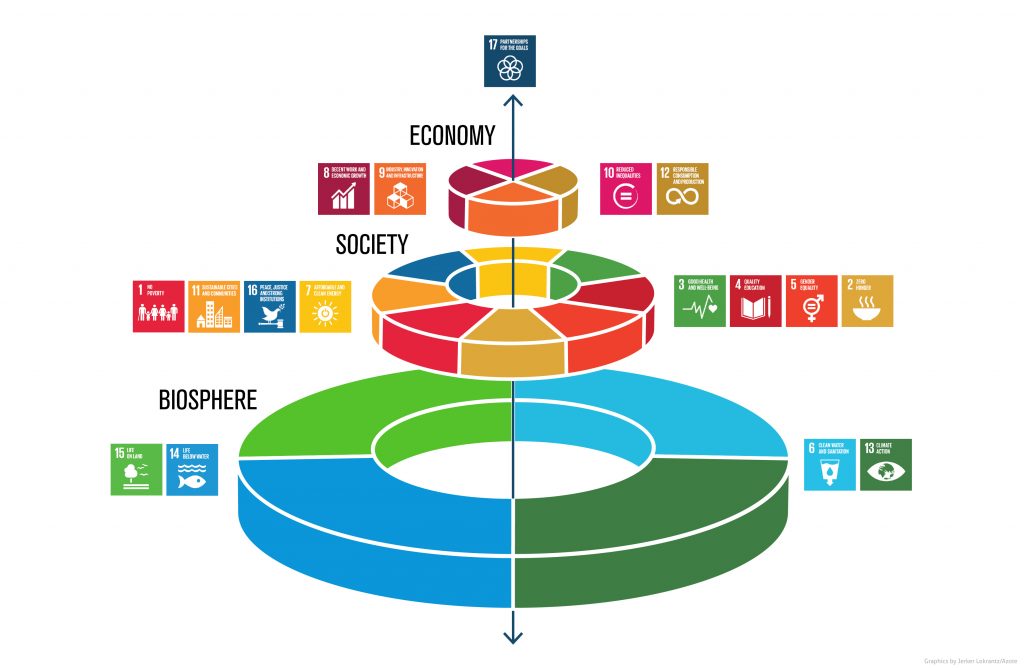Want to find out more and keep up to date with news and events? Email: jude.chelliah@otago.ac.nz
Moving to a more sustainable future is a central challenge to contemporary business and an increasingly important public expectation. It will require radical changes.
We must transition to an economy which serves society within environmental limits.
We provide a hub for research on moving towards a sustainable economy and work with business, civil society and policy makers to promote transformative change.
Rationale
The continued increase in human consumption is one of the greatest threats to a sustainable future and is the defining business challenge of our times.
Global trends like climate change, the stagnation of economies, increasing injustice, income and economic growth inequality, declining participation in wage labour, and widening social vulnerability demonstrate the limits and the unsustainability of present models of economic exchange. Transformational change, such as that required to move from existing models and theories of economic and business practice to more sustainable ones, requires a fundamentally different understanding of the relationship between business and society and the ways in which it can restore the social and ecological capital of communities.
 The importance of addressing these limits is reflected in the UN’s Sustainable Development Goals, adopted in September 2015, and, in particular, the inclusion of ‘responsible sustainable consumption and production’ (Goal #12). According to the UN, “sustainable consumption and production aims at ‘doing more and better with less’, increasing net welfare gains from economic activities by reducing resource use, degradation and pollution along the whole life cycle, while increasing quality of life”. To achieve these goals there is a need for ambitious and radical processes of societal reinvention of systems of consumption and production.
The importance of addressing these limits is reflected in the UN’s Sustainable Development Goals, adopted in September 2015, and, in particular, the inclusion of ‘responsible sustainable consumption and production’ (Goal #12). According to the UN, “sustainable consumption and production aims at ‘doing more and better with less’, increasing net welfare gains from economic activities by reducing resource use, degradation and pollution along the whole life cycle, while increasing quality of life”. To achieve these goals there is a need for ambitious and radical processes of societal reinvention of systems of consumption and production.
Public expectations of organization’s commitment to sustainability continue to grow, and innovations to current mainstream models of business practice, as well as systems for sustainability reporting, are important areas of research. Alternative business models such as social enterprises are rapidly emerging and offer opportunities for learning, adoption and expansion. We are also witnessing alternative provisioning practices, including collaborative consumption, do-it-yourself “prosumption,” relocalised sourcing and other kinds of intentional communities that reorganize systems of production and consumption using different models and novel patterns to open pathways to a more sustainable future.



